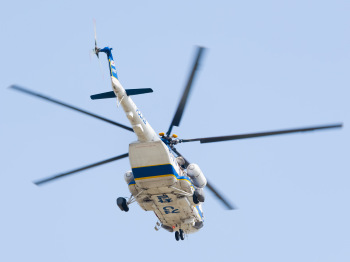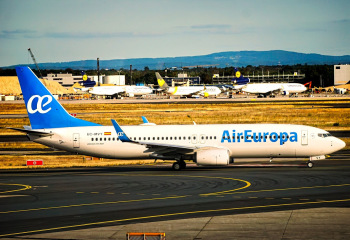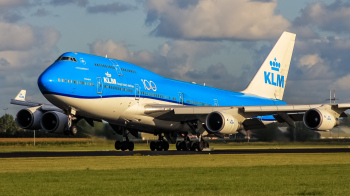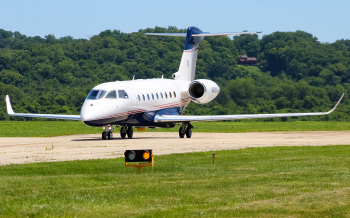Sociedade de Aviacao Ligeira (SAL) is a Brazilian airline that has been in operation for nearly a century. Founded in 1921 by Antonio Carlos de Morais, SAL has grown to become one of the largest airlines in the country, with a fleet of over 50 aircraft.
The airline's first flight took place in 1921, when the company flew a single-engine plane from the city of Rio de Janeiro to Petropolis. This flight marked the beginning of SAL's operations, and the airline would go on to become one of the first commercial airlines in Brazil.
In the early years of SAL's operations, the airline operated a fleet of small aircraft, usually with no more than four or five passengers. The airline's fleet grew over time, and by the 1950s, SAL had grown to include larger aircraft such as the DC-3 and the Boeing 737. The airline's fleet has continued to expand over the years, and today the company operates a fleet of over 50 aircraft, including Airbus A320s, Boeing 767s, and Embraer 190s.
SAL has also grown to become one of the most popular airlines in Brazil, offering flights to over 30 destinations both domestically and internationally. The airline has also developed a successful cargo business, transporting both domestic and international cargo.
Throughout its history, SAL has achieved several notable milestones. In the late 1970s, the airline became the first Brazilian airline to offer direct flights to the United States. In the 1990s, SAL became the first Brazilian airline to offer online booking services. In 2004, the airline became the first Brazilian carrier to offer in-flight Wi-Fi services.
Unfortunately, SAL has also experienced several incidents over the years. In 1981, one of the airline's DC-3 aircraft crashed in the city of Belo Horizonte, killing all 21 passengers and crew members on board. The accident was determined to be caused by pilot error. In 2012, the airline was investigated by the Brazilian federal government for alleged safety violations. The investigation was ultimately dropped, but the incident highlighted the need for increased safety measures in the aviation industry.
Throughout its nearly 100-year history, SAL has grown to become one of the most successful airlines in Brazil. The airline has continued to evolve over time, and today the company operates a fleet of over 50 aircraft and offers flights to over 30 destinations. SAL has achieved several notable milestones and has also experienced several incidents along the way. However, the airline continues to be an important part of the Brazilian aviation industry and has a bright future ahead.





Comments